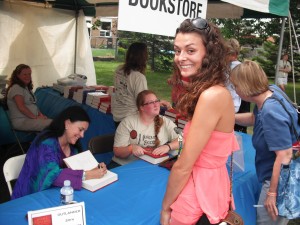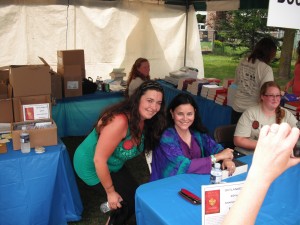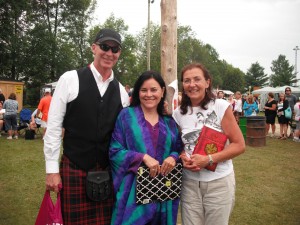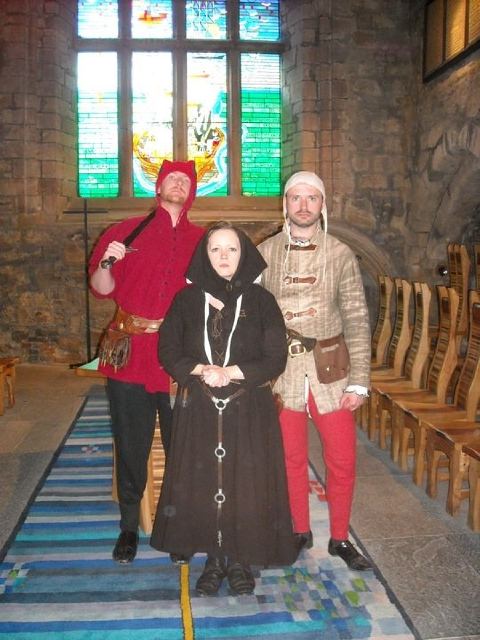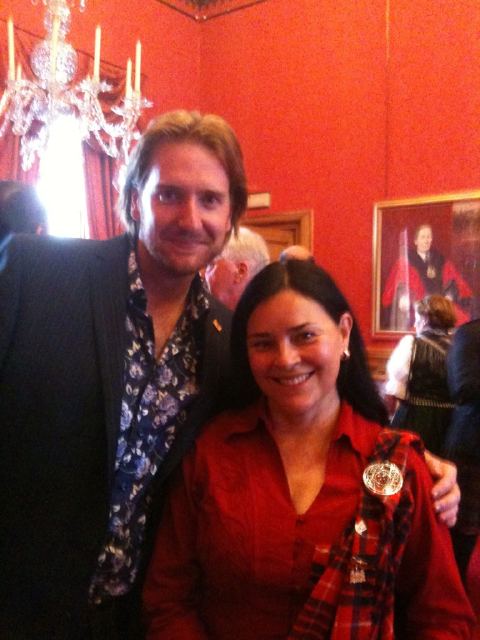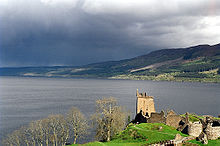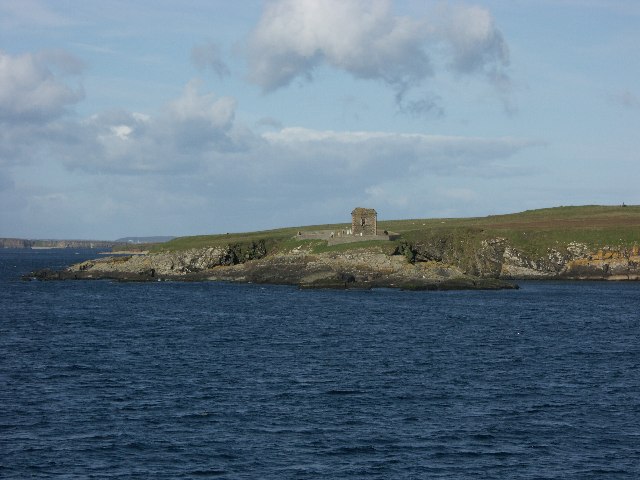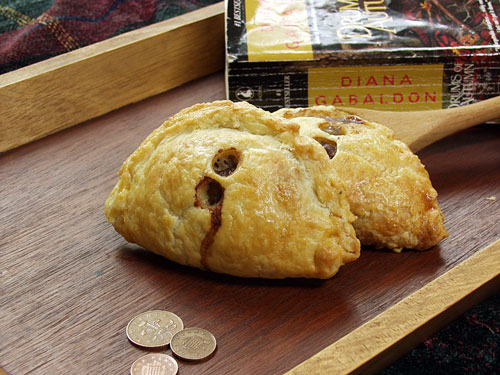Ooookay. THIS weekend (August 26-28) is Bubonicon, which takes place in Albuquerque, NM, at the Airport Sheraton Hotel. I’ll be there from Friday evening through Sunday, and will be doing several different appearances:
8:30 PM on Friday night—a panel on “Beyond Goddess/Whore”
1:00 PM Saturday–a panel on Jules Verne
4:00 PM – Mass Autographing (with other authors) – I _think_ this is open to the public, but can’t swear to it, and
10:00 AM Sunday – a 70-minute talk/reading (with Sam Sykes)
I’ll also be taking part in the Sunday afternoon tea, and will just be generally around most of the time. See you there!
Or if not at Bubonicon….
NEXT weekend (Labor Day weekend, Sept. 3-4), I’ll be at DragonCon in Atlanta. I’m doing two appearances there:
Title: Whiskey, Haggis, & Madmen: Myths & Reality of the Scottish Highlands
Time: Sat 08:30 pm Location: International BC – Westin (Length: 1)
Description: The stories that made Scotland famous: why kilts, why Braveheart was an inspiring fairy tale, and how the Scots invented everything. Yes, everything.
Title: An Hour with Diana Gabaldon
Time: Sun 07:00 pm Location: International BC – Westin (Length: 1)
Description: The best-selling author discusses her time-traveling Outlander series, and more!
Now, I’m _not_ doing the Decatur Book Festival this year, but with due regard for Atlanta-area folk who might want to see me and get a signed book, but don’t want to fight their way through the DragonCon zoo {g} (or pay for the privilege of doing so)….I _will_ be doing a talk/reading/signing event in Decatur (about three miles from downtown Atlanta):
3 PM Sunday – Talk/reading/Q&A/signing
Eagle Eye Book Shop
2076 N. Decatur Road
Decatur, GA 30033
404-486-0307
www.eagleeyebooks.com
This is a free public event, so for any of y’all that can’t make it to DragonCon (or turn pale at the thought {g})—I’ll see you in Decatur!
******************************
Righto. Now, with business out of the way, I did promise to post the excerpt that made tents full of people gasp in Fergus last week. {g}
*********************************
WARNING/WARNING/WARNING/WARNING/WARNING/WARNING
IF YOU DON’T WANT TO SEE SPOILERS FROM BOOK EIGHT
DON’T READ THIS!!!
(still with me?)
(OK, then….)
Excerpt, Book Eight: Roger in the Past
Copyright 2011 Diana Gabaldon
[You may recall that at the end of AN ECHO IN THE BONE, we left Roger embarked on a quest through the stones to find his son Jem, whom he believed had been taken into the past. From Craigh na Dun, Roger goes immediately to Lallybroch, figuring that if Jem had managed to escape from his captor, he’d head for home.]
His heart rose in spite of his anxiety, when he came to the top of the pass and saw Lallybroch below him, its white-harled buildings glowing in the fading light. Everything lay peaceful before him; late cabbages and turnips in orderly rows within the kailyard walls, safe from grazing sheep—there was a small flock in the far meadow, already bedding for the night, like so many wooly eggs in a nest of bright green grass, like a kid’s Easter-basket.
The thought caught at his throat, with memories of the horrible cellophane grass that got everywhere, Mandy with her face—and everything else within six feet of her—smeared with chocolate, Jem carefully writing “Dad” on a hardboiled egg with a white crayon, then frowning over the array of dye-cups, trying to decide whether blue or purple was more Dad-like.
“Lord, let him be here!” he muttered under his breath, and hurried down the rutted trail, half-sliding on loose rocks.
The dooryard was tidy, the big yellow rose brier trimmed back for the winter, and the step swept clean. He had the sudden notion that if he were simply to open the door and walk in, he would find himself in his own lobby, Mandy’s tiny red galoshes flung helter-skelter under the hall-tree where Brianna’s disreputable duffel-coat hung, crusty with dried mud and smelling of its wearer, soap and musk and the faint smell of her motherhood: sour milk, fresh bread, and peanut butter.
“Bloody hell,” he muttered, “be weeping on the step, next thing.” He hammered at the door, and a huge dog came galloping round the corner of the house, baying like the bloody hound of the Baskervilles. It slid to a stop in front of him but went on barking, weaving its huge head to and fro like a snake, ears cocked in case he might make a false move that would let it devour him with a clear conscience.
He wasn’t risking any moves; he’d plastered himself against the door when the dog appeared, and now shouted, “Help! Come call your beast!”
He heard footsteps within, and an instant later, the door opened, nearly decanting him into the hall.
“Hauld your wheesht, dog,” a dark man said, in a tolerant tone. “Come in, sir, and dinna be minding him. He wouldna eat you; he’s had his dinner.”
“I’m pleased to hear it, sir, and thank ye kindly.” Roger pulled off his hat and followed the man into the shadows of the hall. It was his own familiar hall, the slates of the floor just the same, though not nearly as worn, the dark wood paneling shining with beeswax and polishing. There was a halltree in the corner, though of course different to his; this one was a sturdy affair of wrought iron, and a good thing, too, as it was supporting a massive burden of jackets, shawls, cloaks and hats that would have crumpled a flimsier piece of furniture.
He smiled at it, nonetheless, and then stopped dead, feeling as though he’d been punched in the chest.
The wood paneling behind the halltree shone serene, unblemished. No sign of the saber-slashes left by frustrated redcoat soldiers, searching for the outlawed laird of Lallybroch after Culloden. Those slashes had been carefully preserved for centuries, were still there, darkened by age but still distinct, when he had owned—would own, he corrected mechanically—this place.
“We keep it so for the children,” Bree had quoted her uncle Ian as saying. “We tell them, ‘This is what the English are.””
He had no time to deal with the shock; the dark man had shut the door with a firm Gaelic adjuration to the dog, and now turned to him, smiling.
“Welcome, sir. Ye’ll sup wi’ us? The lass has it nearly ready.”
“Aye, I will, and thanks to ye,” Roger bowed slightly, groping for his 18th-century manners. “I—my name is Roger MacKenzie. Of Lochalsh,” he added, for no respectable man would omit to note his origins, and Lochalsh was far enough away that the chances of this man—who was he? He hadn’t the bearing of a servant—knowing its inhabitants in any detail was remote.
He’d hoped that the immediate response would be, “MacKenzie? Why, you must be the father of wee Jem!” It wasn’t, though; the man returned his bow and offered his hand.
“Brian Fraser of Lallybroch, your servant, sir.”
[end section]
